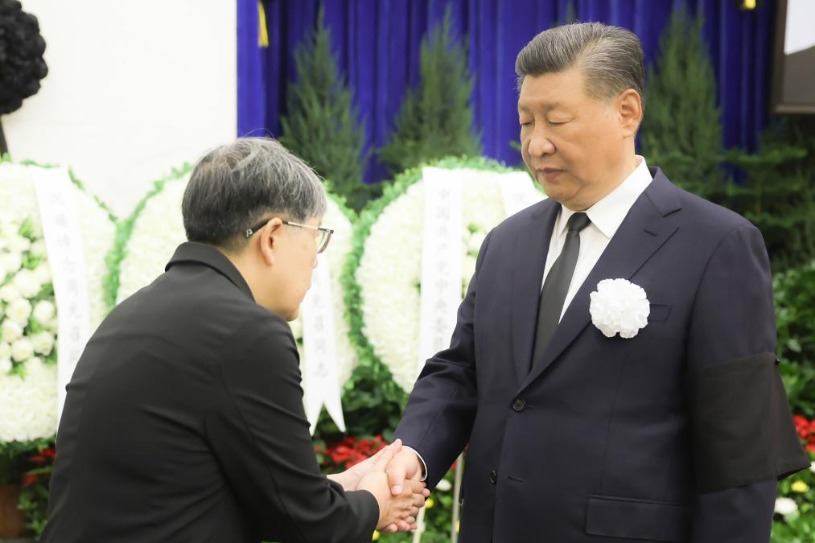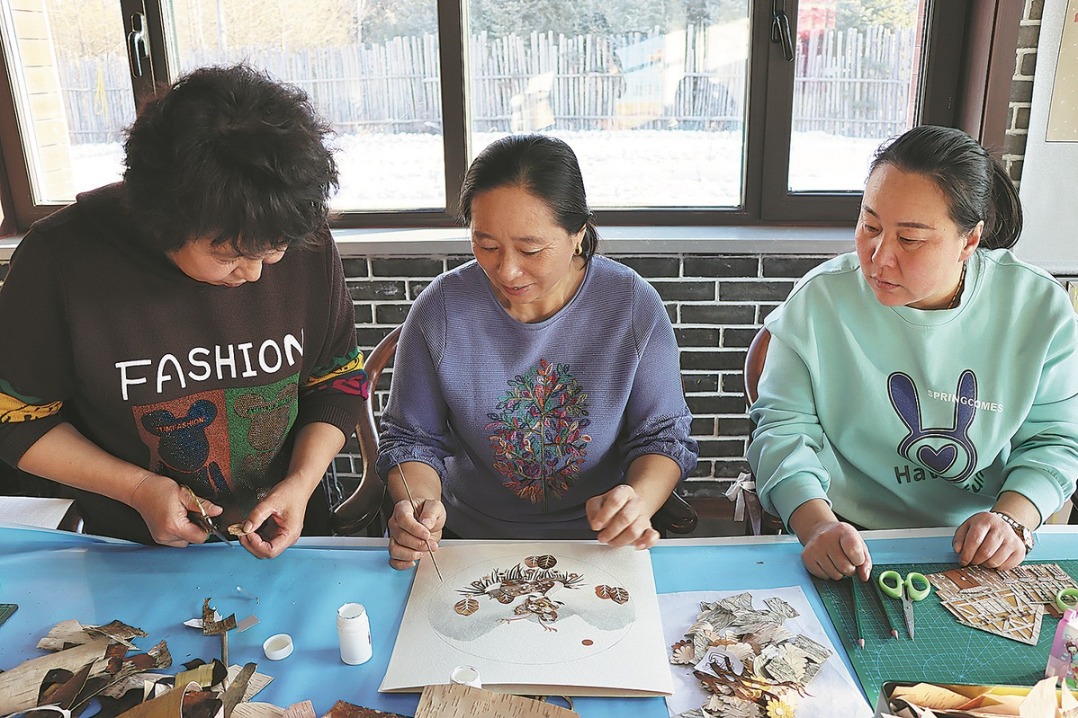Some foreign-language programs canceled

Beijing Language and Culture University recently announced it will cancel admissions for several foreign-language master's programs from next year.
In a notice published last month, BLCU, a national key university dedicated to language education and research, said the affected programs involved translation and interpretation in Russian, Japanese, German, Korean and Spanish.
In a similar move, the University of International Business and Economics in Beijing has suspended admissions for its master's program in Italian interpretation.
The changes by the two institutions are part of a broader trend among Chinese universities in recent years to cut or realign foreign-language disciplines.
Data from the Ministry of Education shows that between 2018 and 2022, 109 Chinese universities discontinued 28 foreign-language-related disciplines, with Japanese, English and Korean being the most affected.
While they thrived when China opened its door to the outside world from the late 1970s, foreign-language programs in higher education institutions now face great challenges brought about by socioeconomic progress, and the emergence of new technologies represented by artificial intelligence.
According to educational authorities, the language discipline adjustment is related to shifts in the focus of universities, as well as enrollment and employment prospects.
For many universities, especially those focusing on technology and engineering, reshuffling the language disciplines represents a step toward optimizing and integrating education resources.
Most of the disciplines are being canceled due to their inability to meet changing social demands and their low employment rates.
A report on the employment of Chinese undergraduates last year found that those from English language and translation programs faced lower employment rates, salaries and job satisfaction.
Professor Cai Jigang, who taught at Fudan University, expressed concern over the future of English-language programs in general. He said they had primarily emphasized the study of language and literature and lacked integration with increasingly important technological and economic knowledge.
The central authorities' recent resolution on further deepening reforms emphasizes adapting academic disciplines to the country's technological and strategic needs regarding reform in the education sector.
Since 2020, the Ministry of Education has been promoting new liberal arts disciplines, urging universities to develop interdisciplinary courses and strengthen talent cultivation in major foreign-related fields.
Xinhua




































